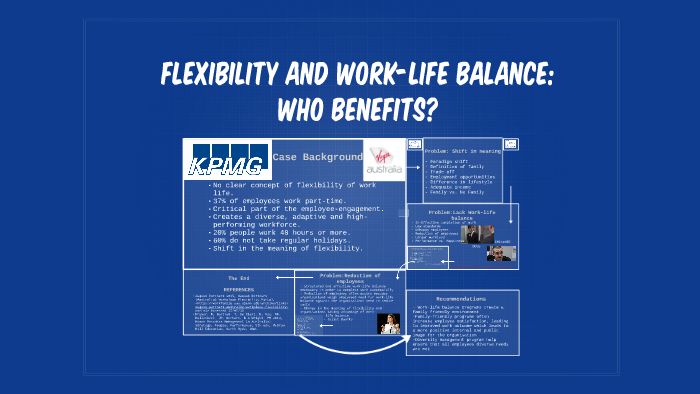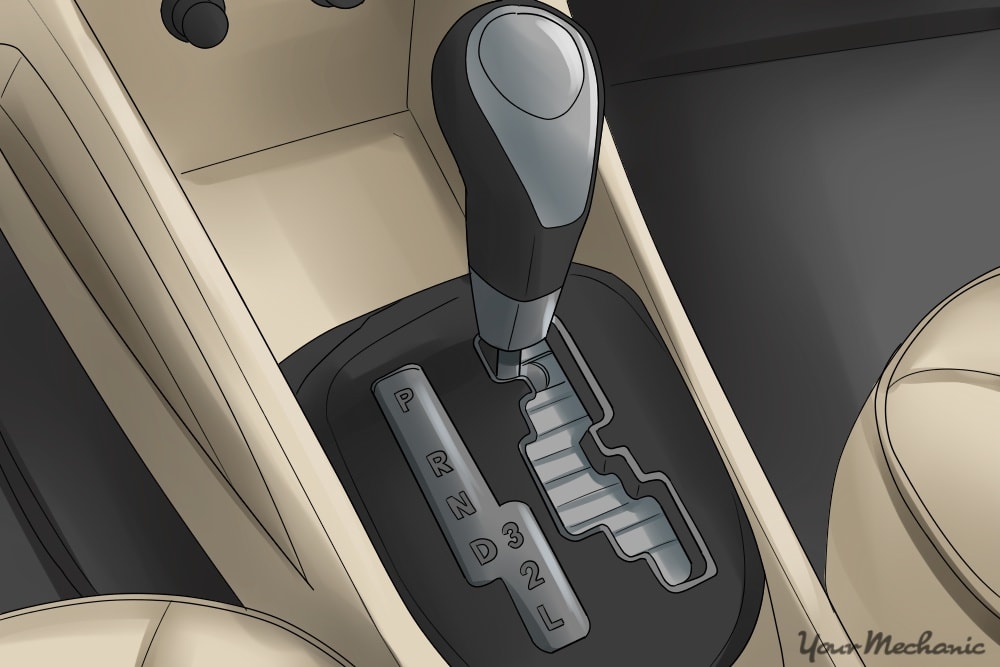- Define work shift. Work shift synonyms, work shift pronunciation, work shift translation, English dictionary definition of work shift. Work shift - the time period during which you are at work duty period, shift hours - a period of time assigned for work; 'they work long hours'.
- Shift work a method of organizing work which enables production or services to be operated beyond normal working hours. Employees'working days are known as shifts and may be timed to commence at varying times of the day or night.
Shift work Work in a hospital, company, factory (e.g., automobile, petrochemical or textile factory), or other business that is open and operating 24/7 or hours outside of the usu.

shift work
Different Work Shifts
a method of organizing work which enables production or services to be operated beyond normal working hours. Employees'working days are known as shifts and may be timed to commence at varying times of the day or night. Where shifts are of equal lengths it is common for employees to rotate around them, working, say ‘earlies’ one week, ‘lates’ the next.There are several forms of shift work:
- double-day shifts, where there are two shifts of equal length each working day usually 6 a.m. to 2 p.m. and 2 p.m. to 10 p.m.;
- three-shift working, where there are three shifts of equal length so that operations can be maintained round the clock either throughout the week including weekends (continuous) or from Monday to Friday (discontinuous). Where there are peaks of activity, a four-shift system can be used to provide some overlap at certain times of the day;
- continental shift, where there is a three-shift system but workers change from shift to shift every two or three days rather than each week;
- split-shift working, where an employee's working day is cut in two, with a middle period off duty This may be found in industries such as public transport, where demand peaks in the early morning and late afternoon;
- permanent night shifts, where a separate group of employees work solely at night, thereby achieving the benefit of an extended working day but without disturbing the working patterns of day employees;
- ‘twilight’ shift working, where a separate group of part-time workers (see PART-TIME WORK) take over from the day shift in the late afternoon and work through until mid or late evening. By this method the productive day is extended but some of the costs of shift work are avoided, such as the need to pay a shift premium (see below).

Most shift systems involve a regular pattern of signing-on times but in some cases, for example the railway industry, signing-on times vary from day to day (though they usually broadly correspond to a three-shift working system).


Shift Work Hours
The benefits of shift work to employers include more intensive use of production facilities and, especially in service industries, the capacity to adapt operations to the pattern of demand. Also, some forms of technology, for example in the chemical industry, need to be operated continuously and require some form of shift working. Maintaining productivity in shift work can be problematic, however. People are generally less productive in the small hours of the night, whilst control of performance may be ineffective (witness the occasional media horror stories about night-shift workers getting a good night's sleep alongside their machines). It is recognized that shift work imposes costs on employees, chiefly in the disruption to their social and domestic life. For this reason it is common for some form of shift premium to be paid on top of the hourly pay rate, especially when night work is involved. There is also some evidence that frequent changes to waking hours damage body rhythms and can be harmful to health in the long term.
